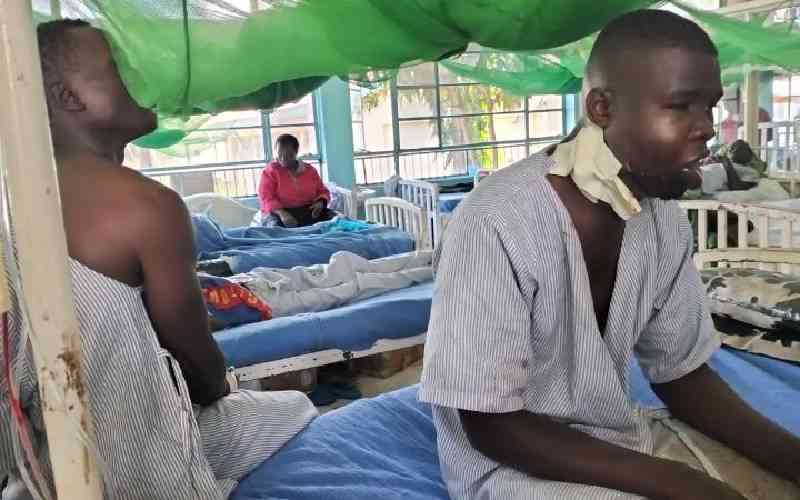×
The Standard e-Paper
Fearless, Trusted News

"Do you want to kill my child?" shouted a husky and frantic voice. A father's anguished cry echoed through the alleys of Mathare, Nairobi.
Victor Juma, a loving father, raced outside his home, desperate to shield his two-year-old daughter from tear gas that had made her unconscious.